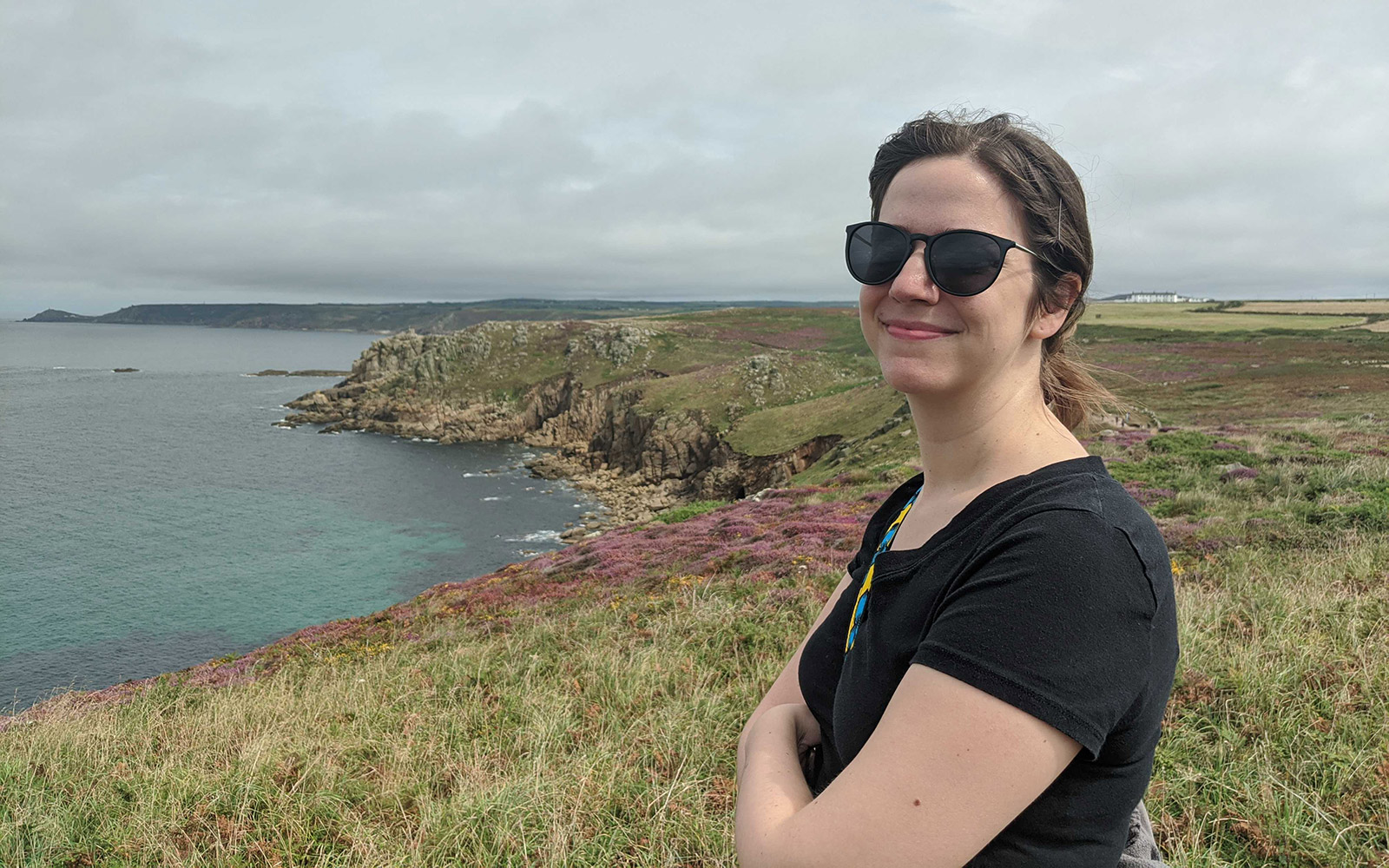Theresa Smith obtained her PhD in statistics at the University of Washington in 2014 and is now a senior lecturer (associate professor) in statistics in the Department of Mathematical Sciences at the University of Bath, and trial statistician on the pioneering Super Rehab project looking into treatment for heart disease. In 2023 she became a member of the Significance editorial board
Can you remember the moment you “fell in love with” statistics?
Not really love, but I can remember when I fell into spite with statistics! I was sitting the final exam for STAT 1151 at the University of Pittsburgh where I did my undergraduate degree and made an absolute mess of a question on capture-recapture sampling. I definitely have a competitive streak and carried on studying statistics so that exam wouldn’t be my statistical curtain call.
What living statistician/data scientist most inspires you right now, and why?
Mona Chalabi (data journalist and recent Pulitzer Prize winner). I love how creative she is with data and how expertly she injects a quantitative dimension into (often heated) public debates on critical social issues. As someone with zero talent for visual arts, I find her work completely captivating.
You specialise in the application of statistics to health and are working on a project about coronary artery disease – tell us a little about that (in layman’s terms if possible)…
Health applications of statistics are what convinced me to do a PhD in the first place, so this has always been part of my core activity. I especially like working on large databases of routinely collected health records. The cardio projects are about testing a more personalised approach to supporting diet and exercise change people with different types of heart disease. One thing I’ve learned is that medics are much better at branding than statisticians – the intervention is called Super Rehab!
I know the discourse on potential risks from AI is growing, but I don’t think statisticians who can think deeply with other scientists about the right questions to ask and how to gather/appraise data in the context of those questions will be out of a job any time soon
What developments in your field of statistics most excite you?
I’m excited about how AI and ML, and particularly the new computational tools within them, can be used to tackle tricky statistical problems. For example, I saw some really cool talks at JSM in Toronto this summer about using ML to calculate intractable likelihood functions for models where previously we have used ‘short cuts’ like composite likelihood. I know the discourse on potential risks (to the profession and to society) from AI is growing, but I don’t think statisticians who can think deeply with other scientists about the right questions to ask and how to gather/appraise data in the context of those questions will be out of a job any time soon. In the meantime, we should be making the most of the numerical tricks our friends in ML have been developing!
As an American living in the UK, what has been the biggest culture shock for you?
One thing that still catches me out is how to respond to the greeting “You alright?”. This is much less of daily issue now that I’ve moved to Bath in ‘the South’, but I really never learned to navigate it when I lived in Lancaster, in ‘the North’, for two years. I’ve lived here nearly 10 years, and I’m still annoyed at the lack of good and cheap tortillas. I get a bit of reverse culture shock when I visit home these days, particularly the sheer variety of options in the grocery stores and the size of cars!
________________________________________________________________________________________________
You might also like: 5 minutes with: Anna Lawlor




